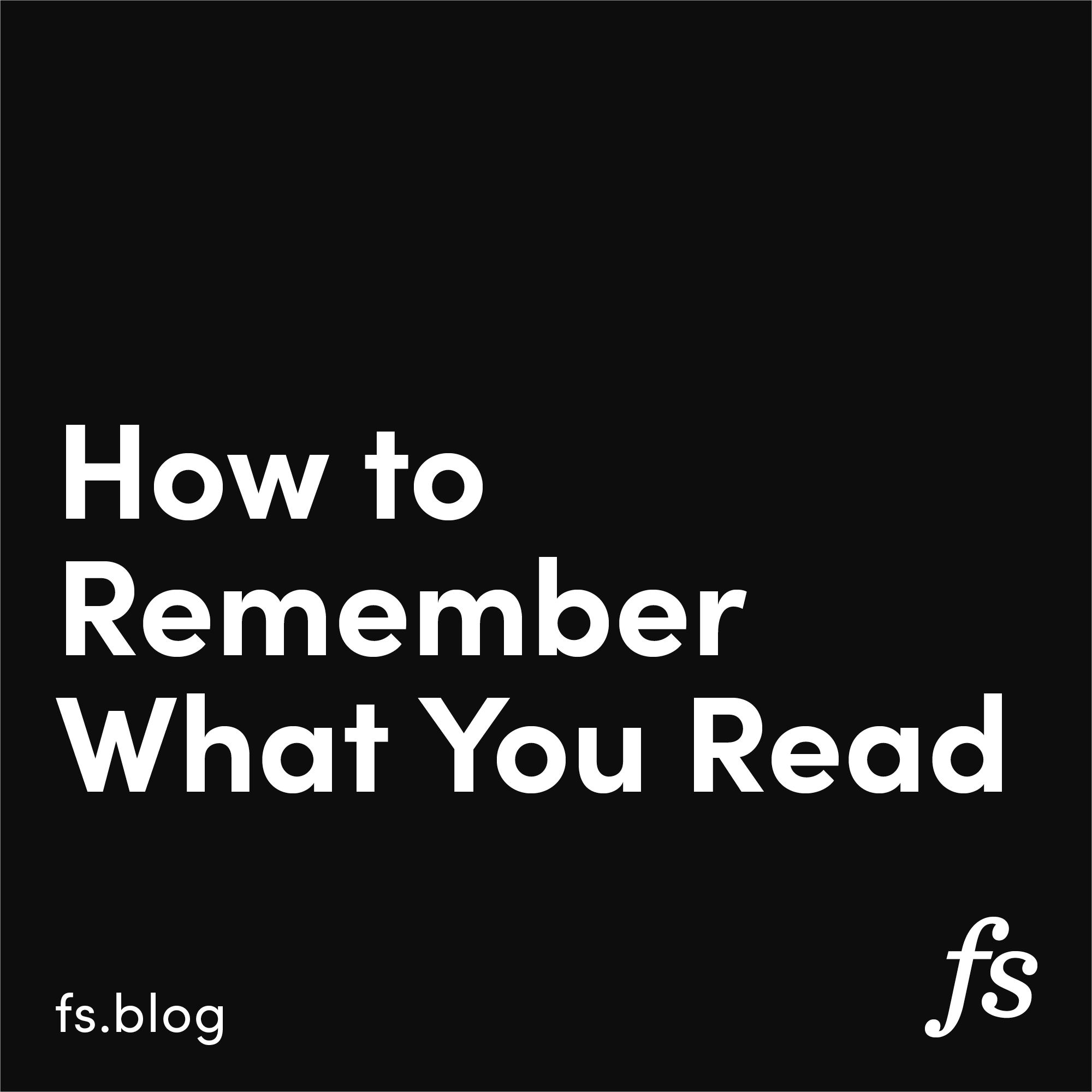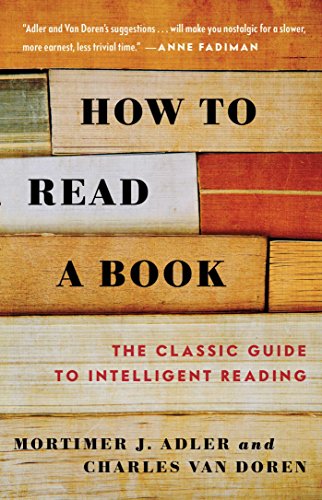Saved by Tanuj
Library on Mars - What, Why
Nabeel Qureshi • How To Understand Things
sari added

sari and added
Here are some thinking prompts you can use while reading:
• How could I put this in my own words?
• How do I know this is true?
• How can this be applied to my life?
• How do I feel about this?
• How would I improve this?
• How would I change this?
• How would I explain this to a 5-year-old?
• What is the main idea here?
• What is this similar to?
• What is
... See moreMario Da Silva • 3 Quick Tips for Set Up Your Writing Routine and Never Run Out of Things to Write
Reading and writing were therefore inseparable activities. They belonged to a continuous effort to make sense of things, for the world was full of signs: you could read your way through it; and by keeping an account of your readings, you made a book of your own, one stamped with your personality.
Tiago Forte • Building a Second Brain: A Proven Method to Organize Your Digital Life and Unlock Your Creative Potential
What will be the fate of reading? I don’t mean the left-to-right movement of the eyes as we take in information, but the age-old practice of addressing the world by way of this inward faculty of imagination. I mean reading as a filtering of the complexities of the real through artistic narrative, reflection, and orchestration of verbal imagery.
Sven Birkerts • The Gutenberg Elegies: The Fate of Reading in an Electronic Age
Lael Johnson and added
Jia added
Rare AI project that helps make creative works (high literature) accessible / reimagine the way books can be enjoyed (from a solitary, passive experience of becoming list in the fictional world of a book → having a reading buddy to collaborate with in digesting and making the books personally relevant)
Rare AI project that helps develop human creativity, on the prerequisite that the reader actively engages with the LLM through “marginilia” the way book lovers scribble books with notes.
How to Read a Book: The Classic Guide to Intelligent Reading (A Touchstone book)
amazon.com
Reading as an act of remembering: From our modern vantage point, could there be a more unfamiliar relationship between reader and text?